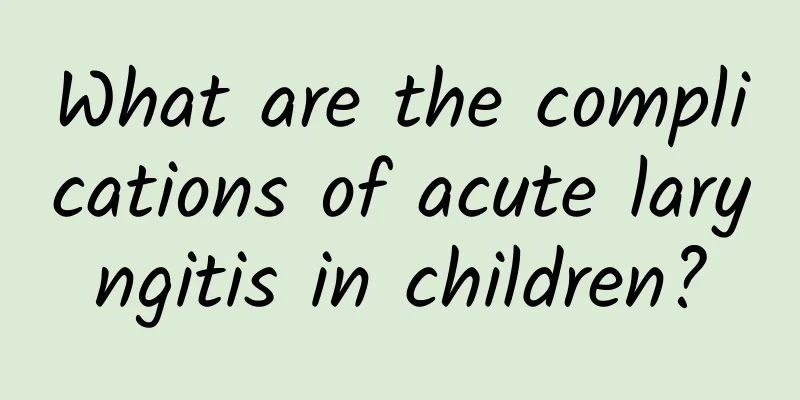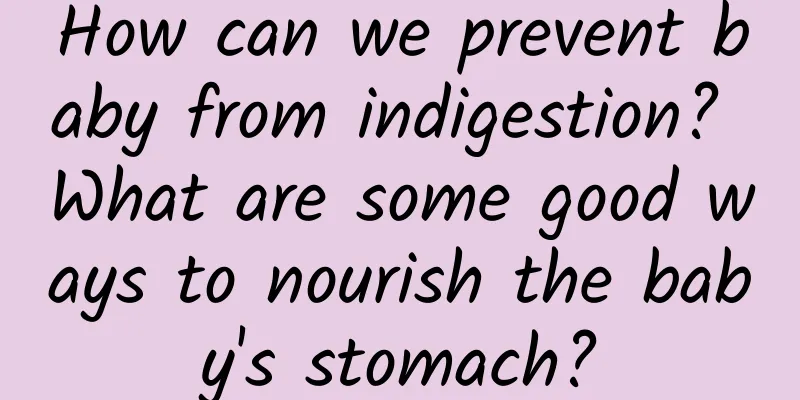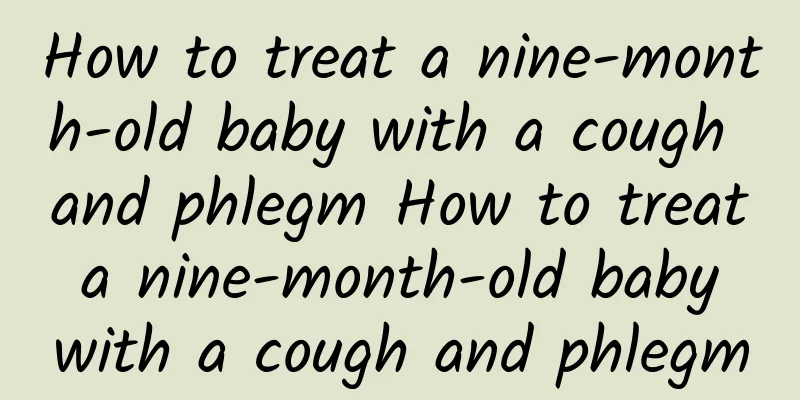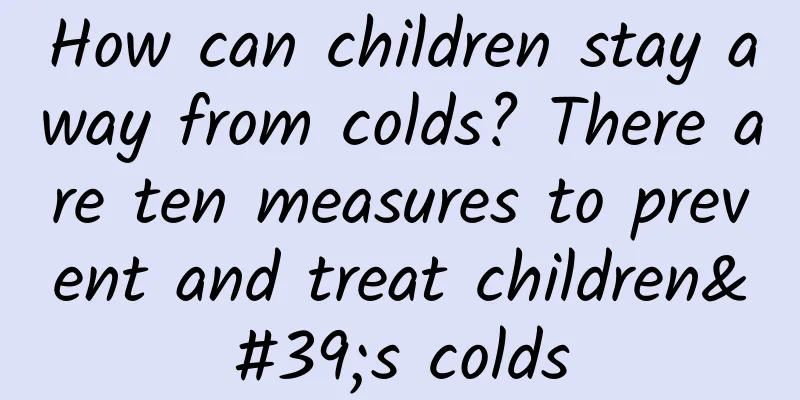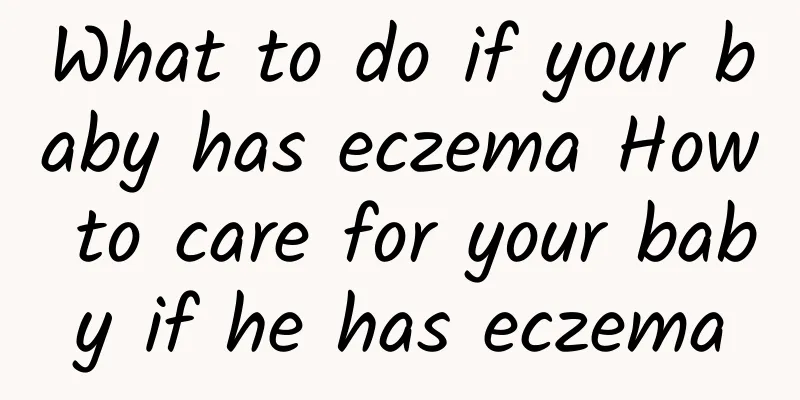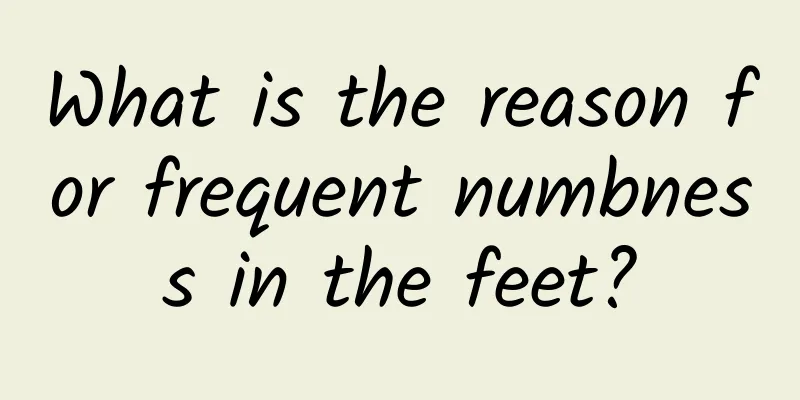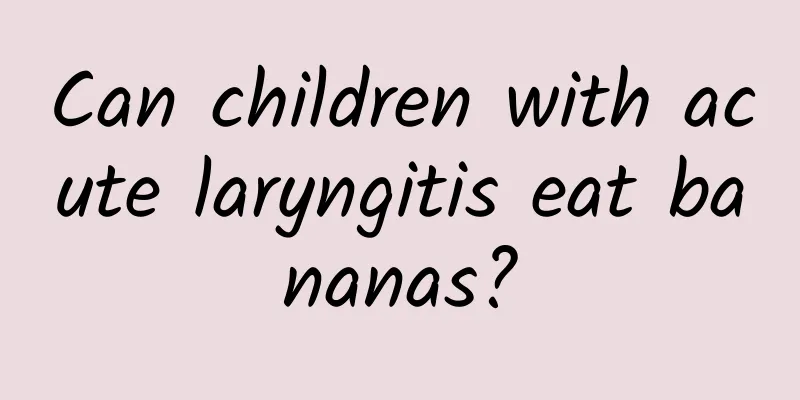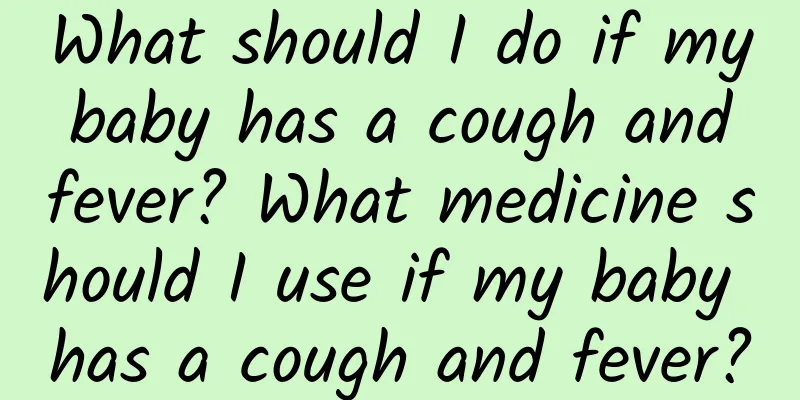What are the types of ADHD?
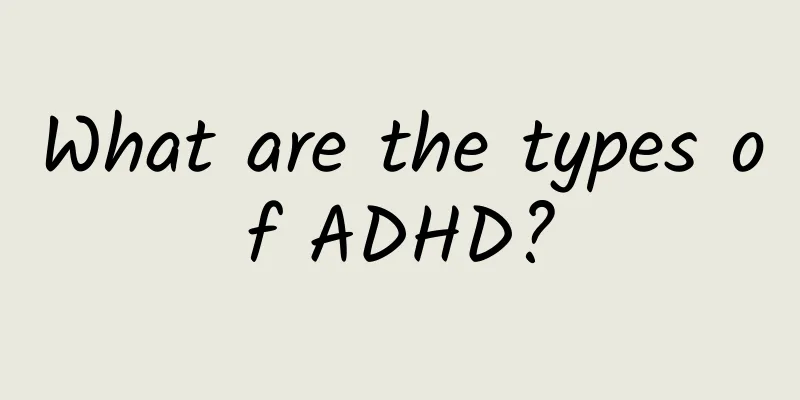
|
ADHD, also known as attention deficit hyperactivity disorder (ADHD), is a common neurodevelopmental disorder. It is usually diagnosed in childhood but may persist into adulthood. ADHD is characterized by inattention, hyperactivity, and impulsive behavior. ADHD can be divided into several types, depending on the presentation and symptoms. Let's look at the inattentive type. People with this type of ADHD have trouble paying attention, are easily distracted, and often make mistakes at work or school. They may forget to complete daily tasks, lose items, or seem distracted when listening to others. This may make it seem like they are always "absent-minded," when in fact, they may be struggling to pay attention. Next up is the hyperactive-impulsive type. People with this type display overactive and impulsive behavior. They may be constantly moving around, fidgeting, or talking at inappropriate times. They may also interrupt others when they are talking or make decisions without considering the consequences. Such behavior may make them seem incompatible in social situations or have difficulty in school and work. Finally, there is the mixed type, which is the most common and is a combination of symptoms from both types. People with the mixed type have problems with inattention as well as hyperactivity and impulsivity. This type of ADHD may have a more extensive impact on the person's school, work, and social life because they need to deal with two different types of challenges at the same time. Understanding the different types of ADHD can help us better identify and understand this disorder. Although ADHD can be a challenge, with proper diagnosis and treatment, many people with the disorder are able to effectively manage their symptoms and live full, fulfilling lives. Treatments can include behavioral therapy, medication, and educational support, which can help people better cope with challenges and improve their quality of life. Hopefully, this article will help you gain a clearer understanding of the types of ADHD and how to better support people with ADHD. |
<<: How to treat ADHD in children
>>: Symptoms of Tourette Syndrome
Recommend
What causes high jaundice?
Jaundice is usually caused by elevated levels of ...
Physiological jaundice
Physiological jaundice Physiological jaundice is ...
What are the early symptoms of neonatal jaundice and cerebral palsy
Neonatal cerebral palsy due to jaundice refers to...
Medical treatment for children with late-stage renal disease
What are the symptoms of late-stage nephrotic syn...
What are the symptoms of pneumonia in children?
Symptoms of pneumonia in children include fever, ...
What is the most effective way to treat jaundice? How to tell if a child has jaundice?
Jaundice, also known as yellow bile, is a symptom...
Children's colds are prone to six complications? Experts teach you how to prevent children's colds in winter
Children's cold is a common disease, especial...
How to check for hand, foot and mouth disease
Many patients often cause a lot of unnecessary tr...
What to do if your child has phlegm in his throat
When a child has phlegm in his throat, he can be ...
How hand, foot and mouth disease is spread and prevented
Hand, foot and mouth disease spreads through thre...
What causes hand, foot and mouth disease in children?
Hand, foot and mouth disease in children is an ac...
Misdiagnosis and mistreatment of hernia in children can lead to life-long consequences
When it comes to pediatric hernia, I believe ever...
Learn more about pediatric pneumonia
The severity of pneumonia in children can vary gr...
What are the causes of diarrhea in children?
The causes of pediatric diarrhea may include infe...
How to treat mumps fastest
Mumps may sound a little strange, but it is actua...
